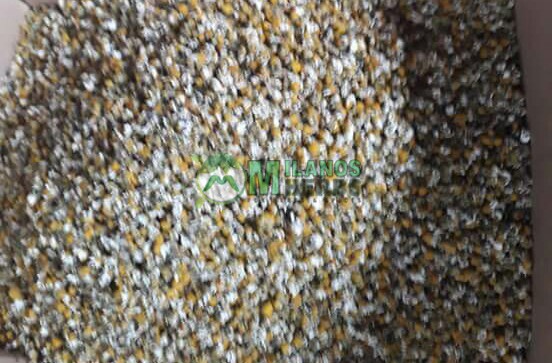
16 Feb Chamomile Flowers
| Product Name | Chamomile Flowers |
|---|---|
| Latin Name | Matricaria chamomilla |
| Product Forms | Flowers – Industrial Grade – Pollen –Fine cut (TBC) – Petals – Seeds |
| Season Crop | From January to May Season Crop |
| Availability time | All over the Year |
| Container Capacity | – Flower(in Cartons) // 3.5 MT per 20 FCL & 9 MT per 40 FCL (HC) – Pollen // 6 MT per 20 FCL & 13 MT per 40 FCL (HC) |
| Packing | – Paper bags – PP Bags with Liner plastic bags – Carton Boxes for whole flowers |
| Specifications | its color is yellow flowers & white petals, its aromatic tasty
Its Egyptian Origin and growing in Beni Suef & Fayoum . Chamomile Flower is great as a tea and taken for stopping unrest, anxiety, and nervous tension, and also for treatment the Nervous digestive problems & indigestion, pain. Chamomile is one of the most popular herbs in the world. This member of the daisy family is native to Europe, north Africa and some parts of Asia, and is cultivated elsewhere. The dried flowers are used to brew a tea renowned for soothing frayed nerves or an upset stomach. appearance like Delicate flowers with a mild scent used in cosmetic to make infused oils for salves, lotions, lip balms and other cosmetics. also such as teas and digestive tonics, Add to chicken or vegetable broth. (cooled) tea of chamomile on garden seedlings to help prevent damping off. The tea also acts as a compost activator. The rapid drying will preserve much of the volatile oil and other medicinal properties. used to make herb infusions to serve various medicinal purposes. chemical components of chamomile extract have demonstrated anti-inflammatory, ant hyperglycemic, and anticancer properties. |

Sorry, the comment form is closed at this time.